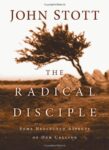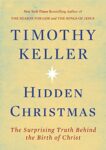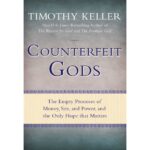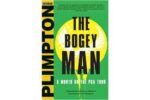
by Jewel, 2015
Danette asked me to look for this as a used book. I checked Bizarre Bazaar but no luck. However, our library had it, so I checked it out and read it. It’s very interesting. I had no idea Jewel was like this! I thought that her name was a made-up name but that is her real name – Jewel Kilcher. She was born and raised in Alaska. Lived in Homer and then Anchorage. Her parents were awful. Her Mom left when she was about 10. She and her two brothers lived with their father. He was an abusive drunk. He did teach her to sing – that is how he made a living – singing with her in bars. She first learned to yodel at a very young age, because he told her it wasn’t possible. She practiced and practiced until she got it.
She got into a prestigious high school in Traverse City, Michigan. After she graduated, she made her way to San Diego and lived on and off with her crazy mother who hung around with people who channeled spirits. She was homeless for awhile and lived in her van. Finally, she got discovered in a coffee shop and made an album and toured. Her Mom took over as her manager, made her fire her current manager. Her Mom spent all of her money – Jewel had no idea she was flat broke. She had to fire her mother and she hasn’t seen her since 2003. She got married to a rodeo guy, Ty Murray (I think that is his last name). She had a hard time getting pregnant – living with stress her whole life – and they took a motorcycle trip for 3 months and she finally got pregnant. Had her baby boy, Kase. She is able to love him dearly even though she never knew love growing up. Her Mom was a narcissistic witch. Her dad only passed on what he grew up with, but has since come to terms and they are very close now. She divorced her husband but they are both committed to their son.
She wrote a lot growing up – it was her therapy. She put her heart and soul into her words. She was dyslexic.
There is lots of human wisdom in the book – being true to yourself, feeling the pain, working through it. She never drank or did drugs – she didn’t want to numb herself because she would lose herself and not be safe. She had her Mom on a pedestal thinking she was the most wonderful, loving mom and letting her take all of her money and spend it on herself and her luxuries. When Jewel found out she was not only broke, but actually in debt, she was heartbroken and devastated and it took a long time for her to recover. Her Mom was just using her.


















